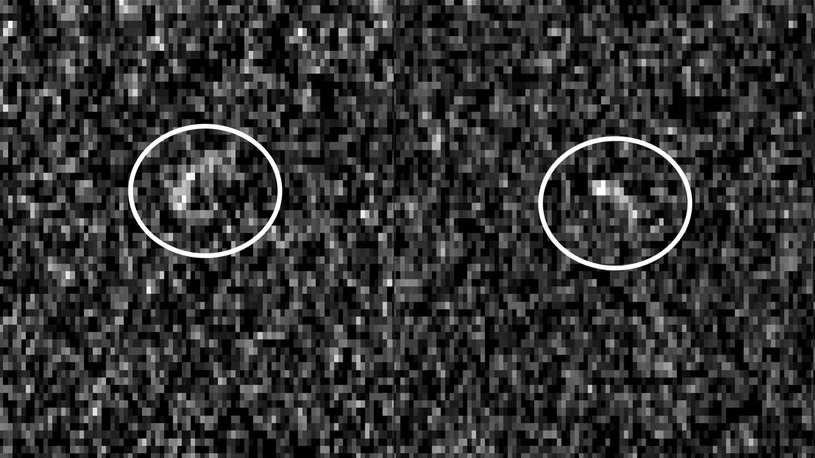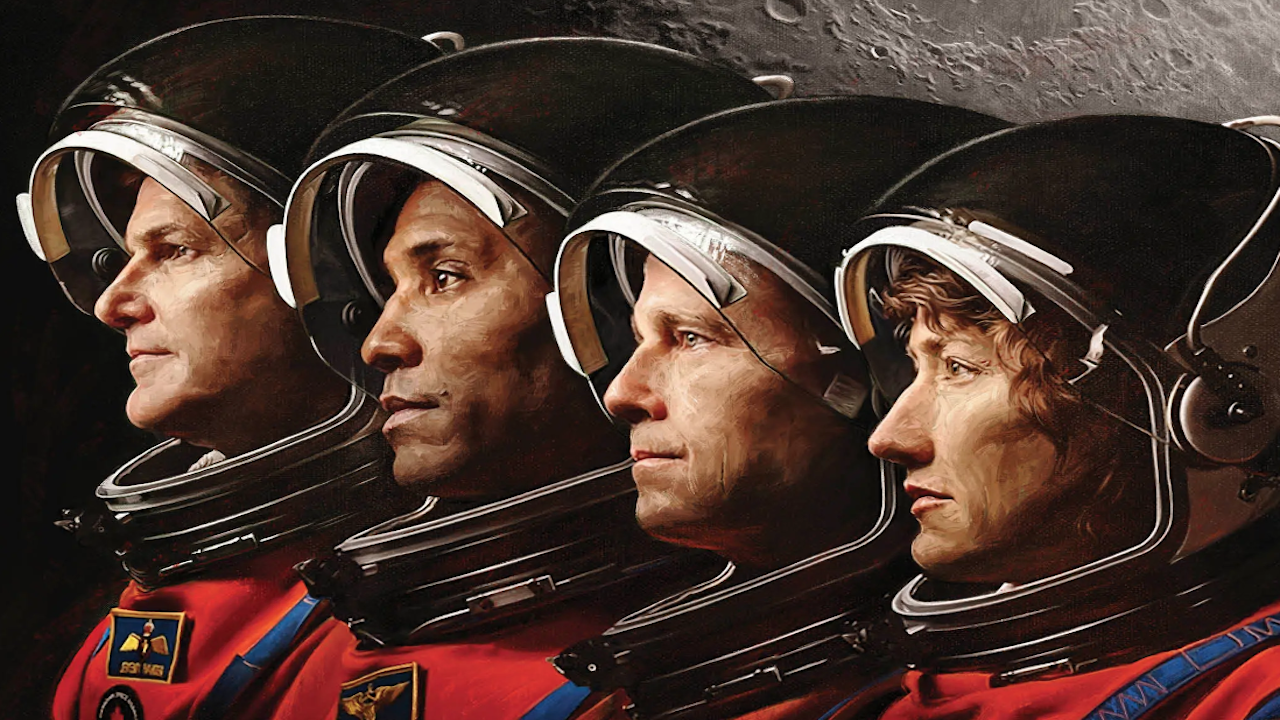South Korea cancels Apophis asteroid probe: report
The country's science ministry said the mission was 'unfeasible.'

South Korea has canceled its effort to visit the space rock Apophis during a close, but harmless, flyby of our Earth in 2029, according to a media report.
The country's science ministry says the proposed Apophis mission had a "lack of technical capabilities" that rendered the concept "unfeasible," SpaceNews reported June 7. Ultimately, the ministry decided not to request the nearly $308 million it wanted to run the mission.
"The mission involved launching a robotic spacecraft between July 2026 and January 2027 to accompany Apophis as it whips by Earth in April 2029," SpaceNews added. "The probe would observe and map Apophis the whole way, looking for changes in its structure due to its close encounter with Earth and the planet’s gravitational forces."
Related: Huge asteroid Apophis revealed in photos
South Korea is a 2021 signatory of the NASA-led Artemis accords for peaceful space exploration, particularly of the moon, and plans its own lunar missions in the 2030s.
Early examinations of Apophis suggested it had a statistically unlikely, but still feasible, chance of hitting Earth in 2068. But newer analysis in the last year shows the asteroid doesn't pose a threat for at least the last century. (NASA continues to keep an eye out for problems, but decades of scanning with partner telescopes have yielded no immediately worrisome near-Earth objects.)
Shin Won-sik, a science ministry official with South Korea, confirmed the cancelation of his country's mission to SpaceNews, but added the country is considering more asteroid missions in the future. The country's forthcoming fourth revision of its space development plan should include something "a bit more concrete and realistic" than what was feasible with the Apophis mission, he said.
Breaking space news, the latest updates on rocket launches, skywatching events and more!
The third revision of the plan, released in February 2018, had few technical details about the mission, SpaceNews added. Work on the fourth revision should begin in the second half of 2022, Shin said.
While South Korea is not expected to visit the once-notorious asteroid any more, there are other plans in the works to take advantage of the unique 2029 opportunity, many still in the mission concept stage.
In April, NASA announced its ongoing asteroid-scooping OSIRIS-REx mission, which stands for the Origins-Spectral Interpretation-Resource Identification-Security-Regolith Explorer, will be repurposed to visit Apophis. The mission will also acquire a new moniker: OSIRIS-APEX, which is short for OSIRIS-Apophis Explorer.
Follow Elizabeth Howell on Twitter @howellspace. Follow us on Twitter @Spacedotcom and on Facebook.

Elizabeth Howell (she/her), Ph.D., was a staff writer in the spaceflight channel between 2022 and 2024 specializing in Canadian space news. She was contributing writer for Space.com for 10 years from 2012 to 2024. Elizabeth's reporting includes multiple exclusives with the White House, leading world coverage about a lost-and-found space tomato on the International Space Station, witnessing five human spaceflight launches on two continents, flying parabolic, working inside a spacesuit, and participating in a simulated Mars mission. Her latest book, "Why Am I Taller?" (ECW Press, 2022) is co-written with astronaut Dave Williams.
